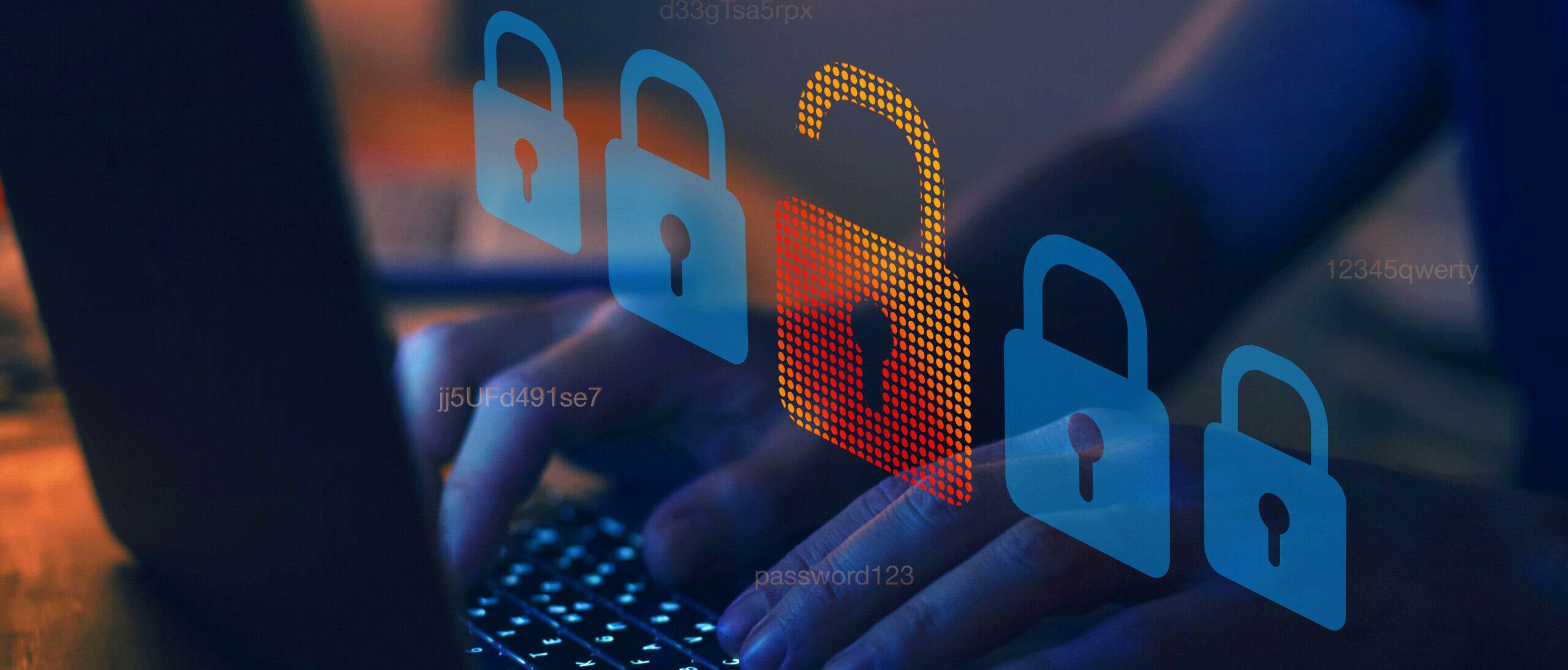Turke & Strauss LLP, a leading data breach law firm, is investigating Boeing Employees’ Credit Union regarding its recent breach. The BECU data breach involved sensitive personal identifiable information belonging to an undisclosed number of individuals.
ABOUT BOEING EMPLOYEES’ CREDIT UNION:
BECU is a member-owned, not-for-profit credit union offering a variety of financial and banking services. Founded in 1935, BECU was initially established to serve employees of The Boeing Company facing financial burden due to the Great Depression. Over time, BECU grew to offer additional membership to anyone residing in Washington and select counties of Oregon and Idaho. Today, BECU has more than 1.2 million members and over 1,000 employees. BECU is headquartered in Tukwila, Washington, and has offices in more than 50 locations.
WHAT HAPPENED?
On June 6, 2022, BECU’s printing vendor discovered that it had experienced a data breach in which sensitive personal identifiable information belonging to BECU members may have been accessed. Through its investigation, BECU determined on July 5, 2022, that an unauthorized actor may have gained access to this sensitive information. On July 25, 2022, Boeing Employees’ Credit Union began notifying individuals whose information may have been impacted. The type of information impacted includes:
- Name
- Social Security number
- Address
- Financial information (e.g., account number, credit or debit card number, credit score)
If you received a breach notification letter from BECU:
We would like to speak with you about your rights and potential legal remedies in response to this data breach. Please fill out the form, below, or contact us at (608) 237-1775 or sam@turkestrauss.com.
If you were impacted by the BECU data breach, you may consider taking the following steps to protect your personal information.
- Carefully review the breach notice and retain a copy;
- Enroll in the free credit monitoring service provided by BECU;
- Change passwords and security questions for online accounts;
- Regularly review account statements for signs of fraud or unauthorized activity;
- Monitor credit reports for signs of identity theft; and
- Contact a credit bureau(s) to request a temporary fraud alert.


